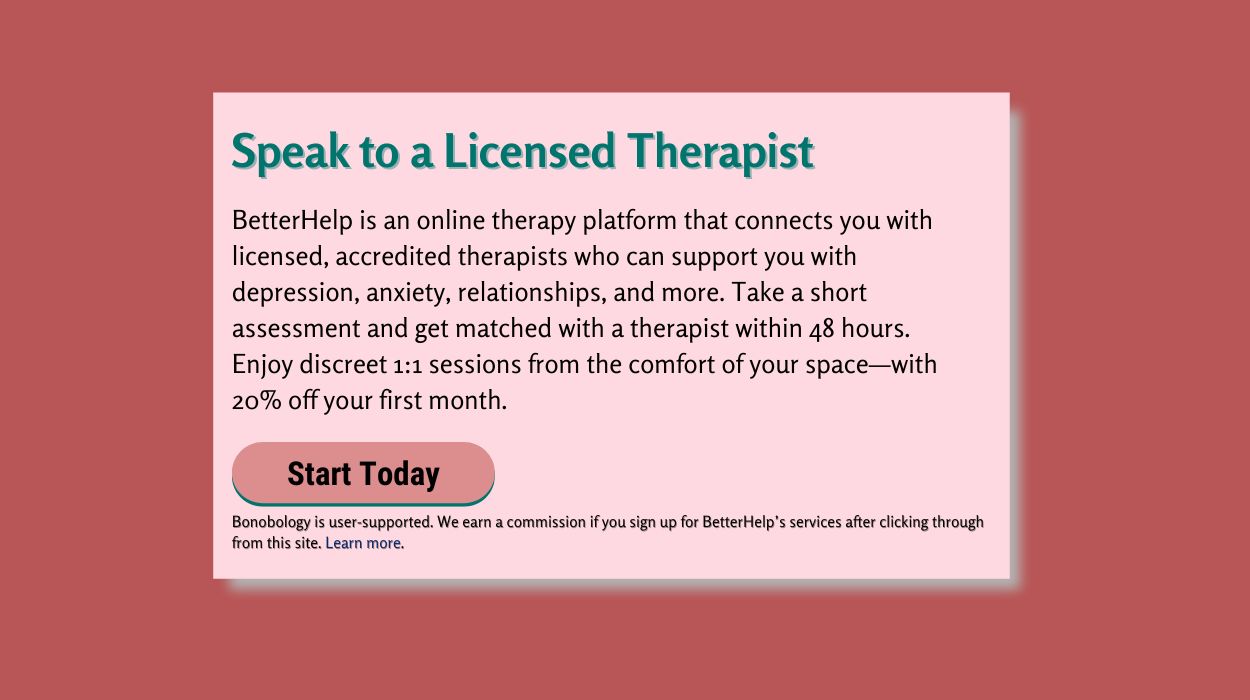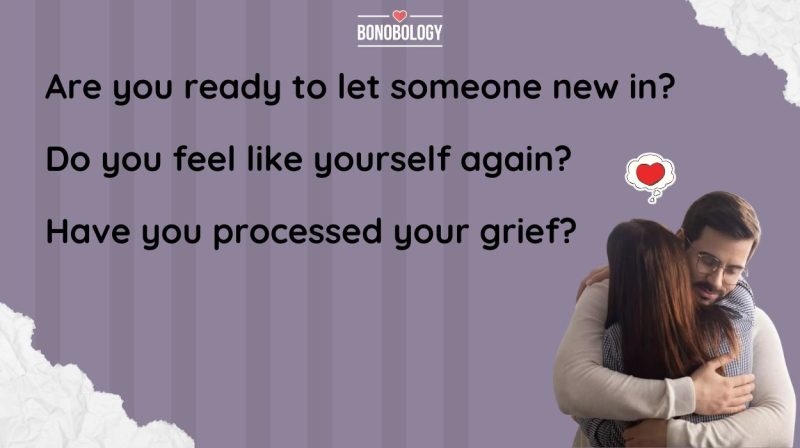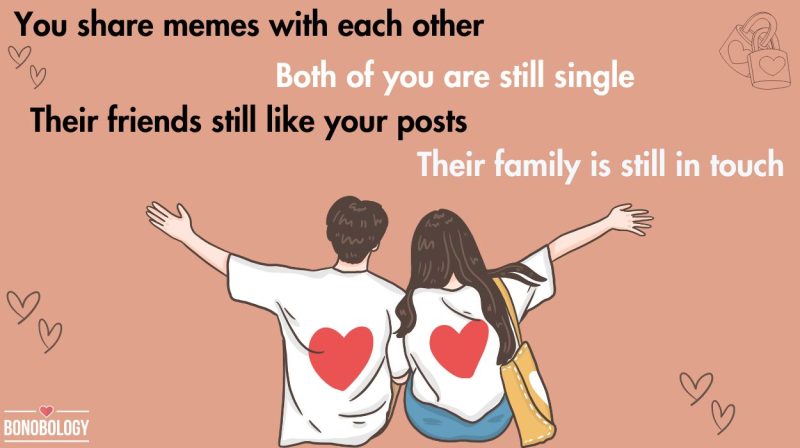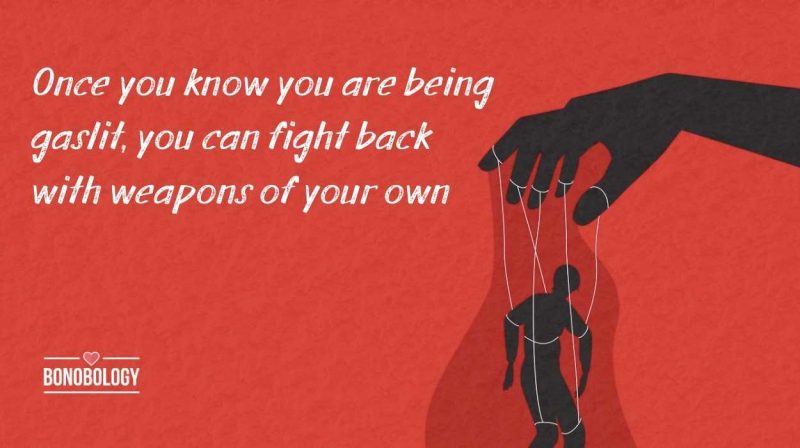When the person who was meant to whisper sweet nothings to you starts belittling you, every jibe, every harsh word can pierce through your heart and break it into a million pieces. Yet, verbal abuse in relationships can be extremely hard to identify because it’s often masked as seeming ‘harmless’ mocking and sneering that has been normalized to an unfortunate extent.
Even though you know it’s hurtful and a sense that a palpable unpleasantness has taken hold in your connection, you may not recognize the abusive pattern at play here. Misconceptions surrounding what abuse in relationships looks like, coupled with the fact that the exchange of hurtful words, arguments and occasional yelling are not uncommon between couples, makes it even harder for victims of verbal abuse in relationships to acknowledge what’s being done to them.
To generate more awareness about this subtle yet insidious pattern, psychologist Pragati Sureka (MA in Clinical Psychology, professional credits from Harvard Medical School), who specializes in addressing issues like anger management, parenting differences, abusive and loveless marriage through emotional ability resources, writes about verbal abuse in relationships, its signs, effects and ways to cope.
What Is Verbal Abuse In Relationships?
Table of Contents
When we hear the word abuse, we often assume it constitutes one person hitting the other, yelling or name-calling. This often leads to a false sense of security that we’d be able to spot the signs of verbal abuse in relationships if we’re being subjected to it. However, unlike physical or sexual abuse where the lines between right and wrong are demarcated in black and white, verbal abuse in relationships can be a lot more muddled and rife with gray areas.
It constitutes a lot more than just yelling, put-downs, and name-calling in relationships. However, at its root, it’s not very different from any other form of abuse and is perpetuated with a view to gain control. It’s an insidious and calculating way of putting another person down and riddling them with self-doubt, leaving them questioning themselves, wondering if their emotions and reactions are valid and even triggering feelings of blame and guilt.
Verbal abuse in relationships encompasses any and all words or expressions that are aimed at discounting the other person. It often operates on a broad spectrum. Yes, name-calling, yelling and using derogatory language are examples of verbal abuse in relationships. But so are a contemptuous smirk, jokes meant to be insults, rolling of eyes, sarcastic comments, and dismissive expressions like “whatever”.
For most people, it can be hard to zero in on a specific definition of verbal abuse in relationships, since it encompasses such a broad range of behaviors. So, how do you know if your partner is verbally abusive? Learning to identify the red flags in your relationship can be a helpful first step in this direction.
Related Reading: 11 Signs You Are In A Negative Relationship
Signs Of Verbal Abuse In Relationships
A couple I worked with in therapy were dealing with a verbally abusive pattern, among other issues. Whenever the woman would get ready to go somewhere, her husband would say, “Oh, you look like a heroine”, with palpable sarcasm. They both knew that he did not mean that she truly looked like a movie star. It was clearly a way to put her down, and that one statement was enough to make her self-conscious about her appearances.
So, you see, the signs of verbal abuse in relationships can sometimes be as subtle as an unsavory remark meant to target the victim’s latent insecurities in a relationship or make them feel bad about themselves. This can make identifying it that much harder. Some people may even question, “Is verbal abuse acceptable in a relationship?” Or if it’s a genuine problem that needs to be addressed.
Given the damaging psychological effects of verbal abuse in relationships, it is imperative to identify it, acknowledge it for what it is and find a way to circumvent it, if not nip it in the bud completely. All of that can be done only with a clear understanding of the signs of verbal abuse in relationships, which include:
1. Trying to exercise control on the other person
Whenever one partner willfully uses their words to control the other, it’s a blatant form of verbal abuse. Expressing contempt, giving the other person the silent treatment, constant criticism, humiliation, making jokes at the other’s expense and even body language expressions like rolling eyes or smirking are all tools used to establish unhealthy power dynamics in a relationship, and hence, amount to verbal abuse.
2. Guilt-tripping is one of the examples of verbal abuse in relationships
When a person makes their partner feel guilty about the situation while portraying themselves as the victim, it’s also one of the examples of verbal abuse in relationships. The intent here is to get the victim to submit into compliance by making them feel guilty of their real or perceived flaws, shortcomings or mistakes.
Bringing up past mistakes in every argument or fight, seeking sympathy by projecting hurt on account of the other person’s behavior, reminding them of past favors, getting passive-aggressive on being told ‘no’ are some of the classic guilt-tripping tendencies that correspond to signs of verbal abuse in relationships.
3. Blame game is among the classic signs of verbal abuse in relationships

“Look what you made me do” is one of the most tell-tale examples of verbal abuse in relationships. In such situations, the victims of verbal abuse in relationships end up getting blamed for all problems and issues that a couple may be struggling with.
For instance, if a person tends to get overly jealous, they may blame it on their partner’s attention-seeking behavior. Or if your partner is cheating, they’d accuse their partner of not fulfilling their needs, thus pushing them toward another person. No matter what the issue at hand, the victim always gets accused of being in the wrong.
Related Reading: 13 Tell-Tale Signs Of Manipulation In A Relationship
4. Shaming amounts to verbal abuse in relationships
Demeaning comments intended to put the other person down and shake up their self-confidence and self-esteem also amount to verbal abuse in relationships. “You’re too narrow-minded.” “You don’t get along with anyone.” “You can’t do anything right.” “You are too sensitive.” Such derogatory remarks that are intended to humiliate and embarrass the other person are undoubtedly a form of manipulation in relationships and amount to verbal abuse.
5. Threatening harm is undoubtedly verbal abuse
Yelling, name-calling and threatening the other person are all signs of verbal abuse in relationships. There is only one clear objective here: seeking control over the other person by scaring them into submission. When verbal abuse escalates to threats of harming the other or self-harm, it veneers into extremely dangerous territory.
Even if there has been no violence in the relationship so far, these threats can make its fear loom large on the victim, making them do things they otherwise may not have. Threats don’t always pertain to acts of violence. “Do as I say or I won’t be paying for your classes anymore” is also an example of verbal abuse in relationships.
6. Gaslighting also qualifies as verbal abuse
This devious form of manipulation, where a person denies the other their reality by making them question the very basis of their perception, emotions and feeling, is also among the signs of verbal abuse in relationships. Gaslighting in relationships has been widely recognized as a form of emotional abuse.
However, the use of gaslighting statements like “that never happened”, “it’s all in your head”, “you have a bad memory”, “I’m sorry you think I hurt you”, “you are overreacting” make for some classic examples of verbal abuse in relationships.
Related Reading: Take The Am I Being Gaslighted Quiz Designed By Experts
Effects Of Verbal Abuse In Relationships
Verbal abuse in relationships is often erroneously labeled as a non-issue. Blame it on the rampant prevalence of distasteful ‘husband-wife’ or relationship jokes that have normalized insults as a form of humor or just a lack of awareness, many people still don’t see a partner bringing down another – be it in their personal space or public – as problematic.
Contrary to this perception, the psychological effects of verbal abuse in relationships can be just as damaging as physical or emotional abuse. Apart from depicting a lack of mutual respect, which is one of the key tenets of any successful relationship, verbal abuse annihilates the victim’s self-esteem and alters their perception of the self.
Most of the time, there is a clear pattern to verbal abuse in relationships, targeted at one clear objective of gaining control over the other person. It can have some debilitating consequences for the victims of verbal abuse in relationships. A few common effects of verbal abuse in relationships include:
- Loss of confidence
- Anxiety
- Migraines
- Stammering
- High blood pressure
- Stress
Related Reading: Relationship Burnout: Causes, Signs And Tips To Overcome
How To Cope With Verbal Abuse In Relationships?
Verbal abuse in relationships can truly take a toll on the person at the receiving end. Given the effects like self-doubt and low self-esteem stemming from it, standing up to a partner’s abusive ways and prioritizing self-preservation can often seem unrealistic goals. Besides, the constant humiliation, belittling, and manipulation can result in a warped sense of reality.
Owing to this, victims of verbal abuse in relationships may not remain in denial or find themselves unable to take corrective measures even when they acknowledge the problem. Coping with verbal abuse is certainly not easy, but it’s not impossible either. Here are a few steps you can take to change the dynamics of your relationship or at least manage them better:
1. Find a safe space
To make sense of what is being done to you and work through the difficult emotions of shame, guilt, humiliation, shattered confidence and low self-esteem, you need to find a safe space to vent. Going into therapy and working with a skilled counselor can make it easier to gain perspective on your situation and find a way forward.
If you’re dealing with any of the different types of verbal abuse in relationships, know that your situation is not beyond redemption. Scores of people have benefitted from seeking help in similar situations and you can too.

2. Detach yourself from your partner’s opinions
Victims of verbal abuse in relationships often find themselves caught in a vicious cycle of seeking validation from their significant others to feel worthy. Since a person’s self-esteem is so badly crushed in such abusive connections, any breadcrumbs of praise or encouragement can become essential for survival.
To break this pattern, you need to detach yourself from your partner’s opinions of you. Stop constantly defending yourself to them or offering explanations and justifications for your actions. And make a conscious effort to not fall into the “they’re right, I’m wrong” trap. Practice positive self-affirmations to slowly rebuild your self-esteem, and in the meanwhile, don’t let your partner’s words affect you.
Related Reading: How To Stop Caring About Someone And Be Happier
3. Call out the abusive behavior
Calling out an abuser’s patterns and problematic behavior can be an effective way of standing up to them. However, I must emphasize that this must be done with caution. If you’re in a largely healthy dynamic, you can consider talking to your partner and letting them know how their choice of words in certain situations makes you feel about yourself.
There’s a chance that they may have been engaging in such behavior without being mindful of the consequences and your partner may apologize and promise to make an effort to overcome their abusive tendencies. However, if it’s a toxic relationship, any pushback can result in an escalation of the abuse or threat level. If that’s the case, calling your abusive partner out may not be the safest way to deal with the situation.
4. Use assertive body language
You don’t always have to use your words to diffuse a threatening or tense situation. If you feel that your partner may not respond kindly to being called out, use assertive body language to deescalate an abusive situation.
A closed body language, for instance, can convey to them that you’re not going to engage. Likewise, using a soft tone of voice or talking slowly to convey your point when the other is yelling or saying something derogatory can be effective tools for countering verbal abuse in relationships.
5. Not just set but enforce boundaries
One of the important steps for effectively handling verbal abuse is to set clearly defined boundaries that convey to your partner that you’re not going to put up with their behavior. This can include anything from walking away when they raise their voice during an argument or telling them “I don’t appreciate this” when they make a crass joke to demean you.
However, enforcing boundaries is more important than setting them. Make it a point to reiterate your boundaries to your partner whenever they cross a line with you. Detach, disengage, repeat as long as it takes for them to understand what behavior is acceptable and what’s not.
Related Reading: Romantic Manipulation – 15 Things Disguised As Love
6. Invest in self-care
Victims of verbal abuse in relationships often suffer from brain fog as a result of repeatedly being told that they’re not good enough or worthless. The contempt, criticism, manipulation can make them doubt their own voice of reason.
To counter this, you must invest in a self-care routine. From practicing mindfulness to meditation, regular exercises, healthy eating and good hydration, adopt little rituals that help you keep the mind clear.
Verbal abuse in relationships may not be regarded as damaging as physical, emotional or sexual abuse, but it is. Any deliberate attempt to deny a person their agency causes deep psychological damage. Now that you understand the signs, effects and different types of verbal abuse in relationships, don’t turn a blind eye to the red flags if you see them in your intimate connections. Take a step forward to stand up for yourself and begin the process of healing.
Your contribution does not constitute a charitable donation. It will allow Bonobology to continue bringing you new and up-to-date information in our pursuit of helping anyone in the world to learn how to do anything.























Featured
Am I Moving On Too Quickly After Death Of Spouse—How To Decide
15 Signs You’ll Get Back Together With Your Ex
How To Get Over Trust Issues — A Therapist Shares 9 Tips
Learn How To Forgive Yourself For Hurting Someone You Love
How To Find Peace After Being Cheated On — 9 Tips From A Therapist
How To Forgive A Cheating Husband: 15 Helpful Tips
35 Disturbing Signs Of Gaslighting In A Relationship
What Is Narcissistic Ghosting And How To Respond To It
‘My Husband Starts Fights And Then Blames Me’: Ways To Cope
How To Rebuild Your Life After The Death Of A Spouse: 11 Expert-Backed Tips
My Husband Died And I Want Him Back: Coping With Grief
“Am I Unlovable” – 9 Reasons You Feel This Way
11 Signs Your Girlfriend Was Sexually Abused In The Past And How To Help Her
Coping With Breakups: The Must-Have Breakup Apps For Your Phone
15 Signs You Are Wasting Your Time Trying To Get Your Ex Back
Why Are You Obsessed With Someone You Barely Know — 10 Possible Reasons
33 Phrases To Shut Down Gaslighting And Silence Gaslighters
The Emotion Wheel: What It Is And How To Use It To Build Better Relationships
The Role Of Supportive Relationships In Addiction Recovery
7 Signs You Have A Verbally Abusive Wife And 6 Things You Can Do About It